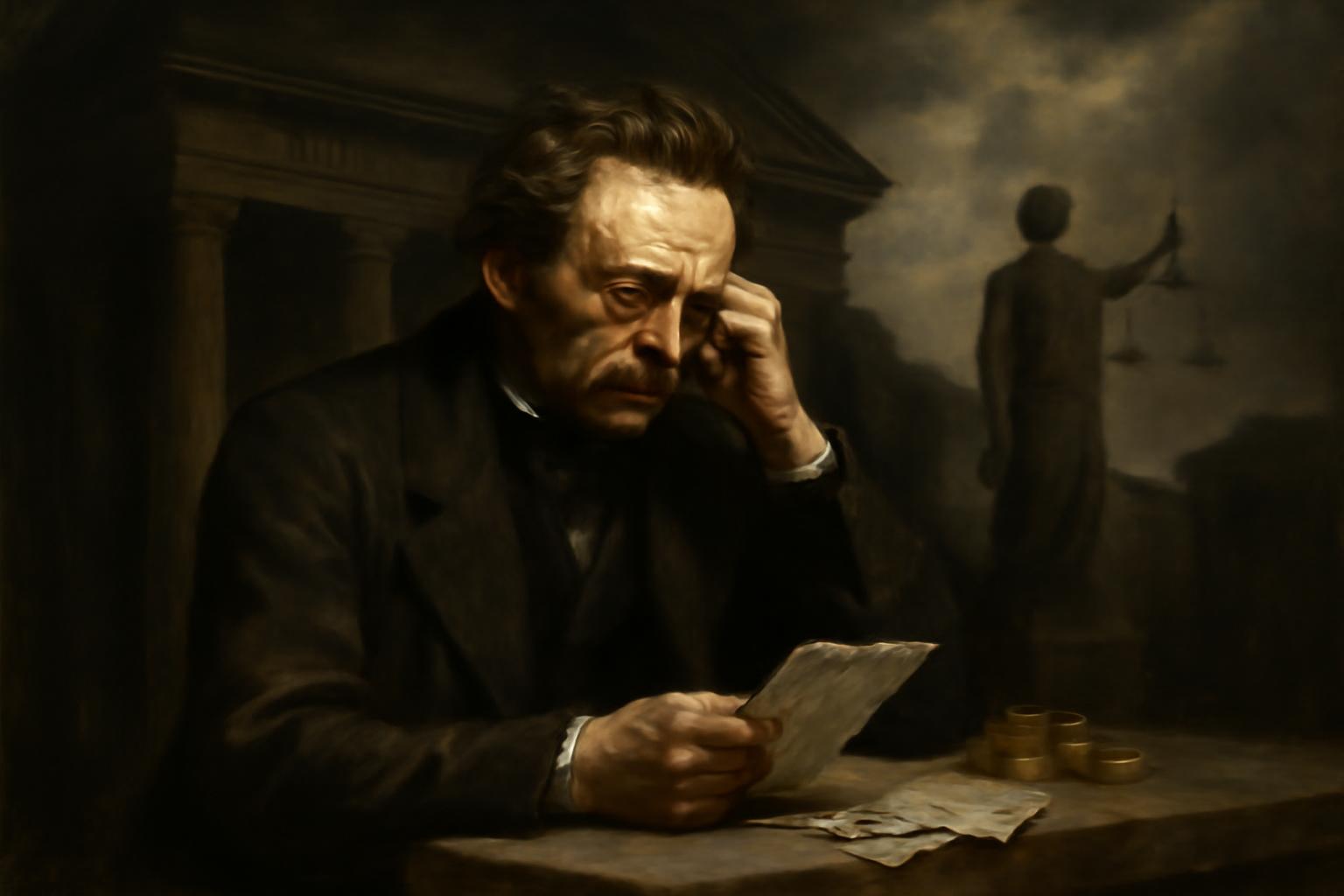How plaintive it is—the spectacle of Commerzbank, once a proud colossus on the German financial stage, now reduced to bolstering its defenses not through organic vigor, but by doling coins to loyalists and performing the modern ritual of self-cannibalization. The specter of the Italian juggernaut UniCredit looms, the unwelcome suitor-tyrant, gripping nearly a third of Commerzbank’s substance in a gesture all too reminiscent of predatory gods descending from Olympus to subjugate mortal domains.
The tragic chorus resounds as Commerzbank’s stewards, draped in their thin office daylight, strive to outwit Fate by tightening their own belts—pre-emptively sacrificing 3,900 livelihoods upon the altar of efficiency, preferring to wield the knife themselves than let it be wielded by another’s hand. How ironic, how inexorable, that the logic of “shareholder value”—that pale, Apollonian abstraction—must now be invoked to stave off further dilution by foreign capital. Generous tributes are laid at the feet of shareholders: sumptuous dividends, self-immolating buybacks. These ceremonies raise the share price, yet countenance a chilling depletion of the bank’s bulwark against tempests yet to come.
Here, in Orlopp’s ledger, profit is double-edged—it gleams brightly when May’s festival masks the cost of destruction, dims to mediocrity when the masks are stripped aside. What is this but Nietzsche’s eternal recurrence in fiscal form? Institutions—like men—are condemned to re-enact their own decline, repackaged as “strategic adjustment.” And while the bank’s profits are buttressed by dissolving ancient reserves, selling off stones and mortar, and the ephemeral gifts of currency flux, there is no Dionysian joy here, only the anxious calculus of survival.
To deepen the tragedy, the German government itself, still keeper of a remnant post-crisis stake, serves as the impotent guardian, striving to prevent Commerzbank’s subsumption—fearing (rightly, one senses) that the bank will fade, not die, absorbed into a larger behemoth, its identity just another spectral hue in UniCredit’s corporate palette. Employees, like the chorus of Thebes, raise their lamentations, wedded to a fate over which they hold no true sway.
How unmistakably Western is this story—echoing Aeschylus and Sophocles, yet stripped bare of transcendence. Here, no Delphic oracle speaks, only market analysts; no tragic hero’s hubris, only the cold drift of economic necessity. The once-mighty pillars of German finance meet the same slow undoing that Nietzsche foresaw for all structures built on brittle values: financialization has replaced the polis, profit displaced virtue, and the fate of peoples is now wagered over the metrics of cost per €100 income.
In a world disenchanted by modernity, where the lofty heights of culture submit to Mammon’s reign, the Commerzbank saga reads not as history, but as a melancholy prelude to further dissolution. One cannot help but gaze longingly at the ruins—like Nietzsche’s Zarathustra, mourning the spirits who once danced where algorithms now calculate. O, for a return to tragic wisdom, to the grandeur which dared face suffering with open eyes! But such yearning is itself mere shadow-play in the twilight of the West.
